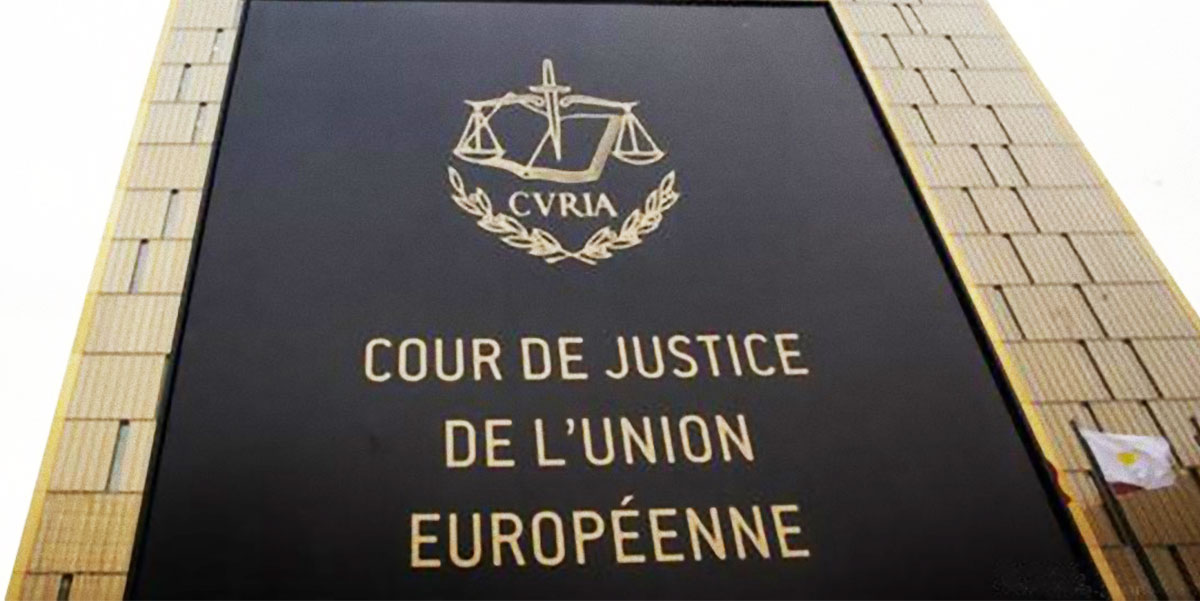
Ruling increases transparency for Europeans
Pesticide Action Network (PAN) Europe has won a legal case at the European Court of Justice against the EU Commission (DG Trade) over its refusal to provide access to documents with information on endocrine disrupting chemicals (EDCs).
PAN Europe welcomed the ruling as “a breath of fresh air for European democracy”.
In the case, which was filed by PAN Europe and supported by Sweden, the Luxembourg court rejected the EU Commission’s argument of "an ongoing policy" to deny the right of the public to access documents of Community institutions and bodies. This was one of the main arguments of the Commission’s Trade Directorate, for refusing to provide full access to 36 out of the 55 documents PAN Europe had requested on EDCs.[1]
The court stated that the Commission’s claim that the disclosure of documents would undermine the decision-making process [Article 4(3) Reg. 1049/2001] on EDCs was not valid. The arguments that documents are of "preliminary nature" or for "internal use" can no longer be used to deny access to citizens. According to the Court, these are “general, vague and imprecise claims” and miss the overall objective of Regulation 1367/2006 to create “an ever closer union among the peoples of Europe, in which decisions are taken as openly as possible and as closely as possible to the citizens”.
If the Commission wishes to block access to documents using Article 4(3), it will have to provide precise and specific information, which it failed to do in this case.
PAN Europe stated in a press release that the ruling “raises the bar very high for the Commission, which will prevent it from (mis)using this Article so frequently”.
PAN Europe explained, “The ‘ongoing policy’ argument is being used increasingly not only by EU Commission but by other institutions like the food authority EFSA, to deny the public access to specific documents.”
PAN Europe added that up to a few years ago, Article 4(3) was not used at all. The group believes that this shows that “the attitude of EU institutions towards transparency is worsening and regulators prefer to overlook the law and deal behind closed doors, keeping European Citizens at a distance from public decisions.”
Notes
1. Out of the 36 documents, the Commission gave partial access to 15 and refused any access to 21.










